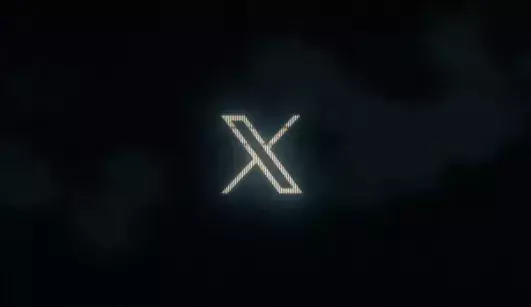Social media platforms often find themselves at the intersection of differing cultural values, government regulations, and user freedoms. The recent reinstatement of X (formerly known as Twitter) in Brazil highlights this complex dynamic, posing significant questions regarding censorship, misinformation, and the influence of governmental power over digital platforms. This article delves into the implications of Brazil’s Supreme Court decision to lift the suspension of X, exploring the nuances surrounding free speech and accountability within the digital landscape.
With approximately 20 million users in Brazil once again able to access X, the reinstatement is a cause for celebration among many. For users who left X for alternatives like Threads and Bluesky during its month-long suspension, the news signifies a return to their preferred platform. However, for those who view the Brazilian government’s actions as a necessary step toward curbing misinformation, the decision encapsulates a broader conflict about the role of social media in modern democracies. This dichotomy raises fundamental questions around the right to free speech versus the need for societal order.
Elon Musk’s controversial role as owner of X deepens this discourse. Musk was vocal in his opposition to the initial government orders, arguing that they threatened the principle of free expression. Yet, his staunch defense for users claiming that the 2020 Brazilian election was “stolen” stands in stark contrast with the broader societal implications of allowing unfounded conspiracy theories to flourish unchecked on social media. Musk’s dual identity as the protector of free speech and a businessman in search of profitability complicates the matter further, as it becomes difficult to decipher the motivations behind his actions.
The Brazilian Government’s Perspective: A Case for Regulation
From the perspective of Brazilian lawmakers, the request to remove accounts propagating falsehoods about the 2020 election and its aftermath seems justified. Brazilian Supreme Court Justice Alexandre de Moraes asserted that allowing such accounts to persist undermines the authority of the government and potentially destabilizes the democratic framework of the country. Their actions reveal a commitment to combating misinformation, which has fueled political instability both in Brazil and globally.
In this vein, the Brazilian government’s actions resonate with a broader trend of countries grappling with the ramifications of social media. The rise of online misinformation campaigns has prompted governments worldwide to reevaluate their roles in regulating digital platforms. By enforcing accountability measures on X, Brazil seeks to maintain social order while ensuring that dialogues on their digital platforms are grounded in factual reporting rather than conspiracy.
Musk’s initial refusal to comply with Brazilian officials’ requests does prompt scrutiny into the ethics of free speech as it pertains to social media platforms. Musk’s approach reflects a deeply held belief that private companies should not bow to government pressures unless there is robust legal backing for such demands. However, the ensuing financial consequences—loss of revenue during the suspension and fines for mishandling payments—indicate that operational viability often necessitates compromise.
Furthermore, Musk’s apparent bias toward former President Jair Bolsonaro, coupled with his previous engagements in Brazil, raises questions about the impartiality of his decision-making. As a business mogul, Musk is no stranger to controversies, pushing the limits of accepted norms in favor of his vision. Yet, the cancellation of content based on alleged corrupt practices in government does create a dilemma: where is the line between protecting freedom and enabling disinformation?
At this juncture, it becomes imperative for both users and authorities to reflect on the responsibility that comes with digital expression. As X bounces back from suspension, it is essential to engage in discussions that transcend individual platform policies, asking who governs the governors of information. The reinstatement of X reinforces the notion that while digital platforms can champion free speech, they also bear the weight of responsibility in maintaining the integrity of discourse.
This instance serves as a reminder that the interplay among free speech, corporate interests, and governmental authority will continue to evolve alongside the societies in which they exist. In the case of Brazil, the reinstatement of X highlights the intricate balance required to navigate an increasingly complex digital world. The outcome ultimately rests not solely in the hands of platform owners or government officials, but also in the informed engagements of the users who shape these vital public spheres.


Leave a Reply
You must be logged in to post a comment.